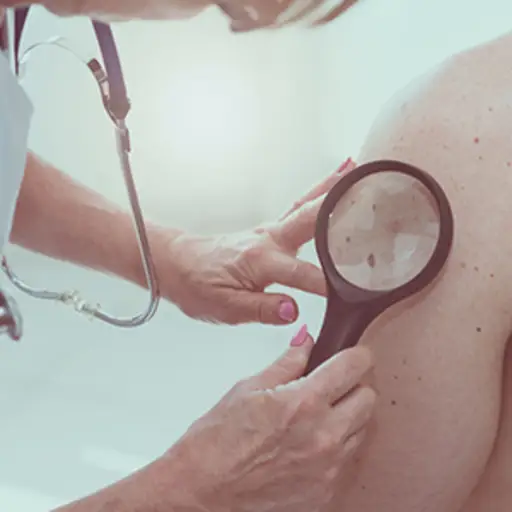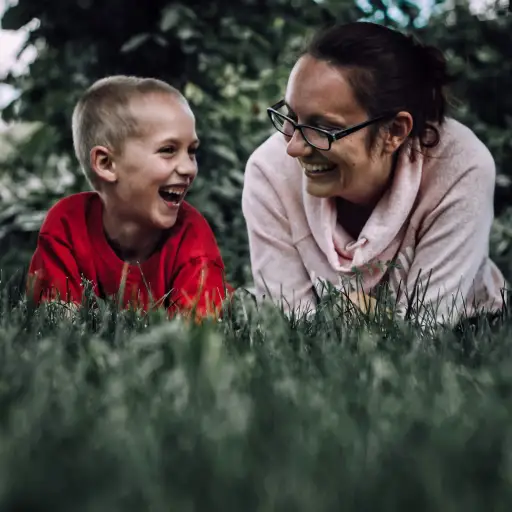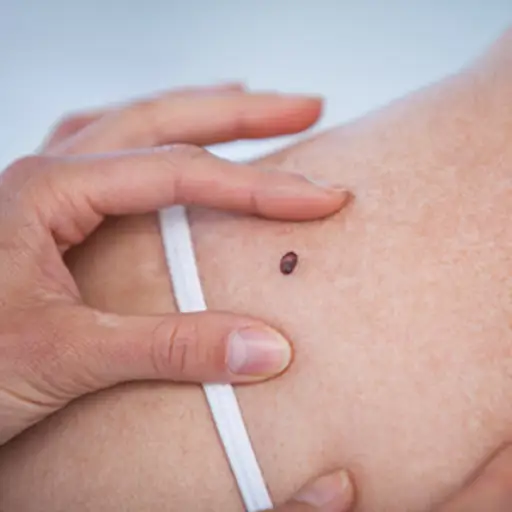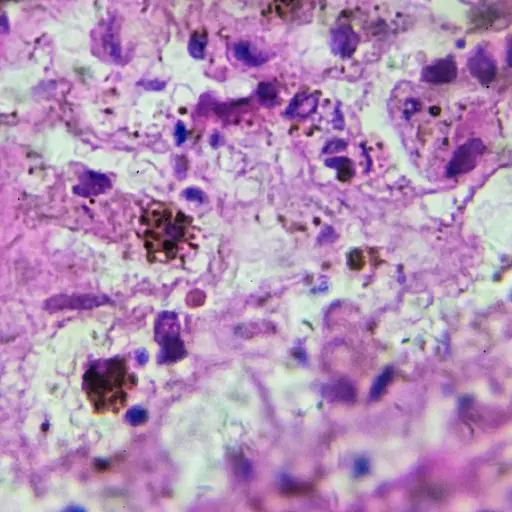9 Things Every Melanoma Survivor Should Know

Whether you’ve recentlyhad your melanoma surgically removed, or you’ve successfully finished a round of treatment, you’re now considered a melanoma survivor. We know that can bring some mixed feelings: relief, anxiousness, uncertainty—just to name a few. To help you navigate what’s next, we asked top melanoma experts what to expect in the weeks, months, and years to come. Their advice is, well, spot on.

You’ll Still Need to See Your Doc Fairly Often
Prepare to have a standing appointment. “Post-melanoma follow-up is imperative,” says Dendy Engelman, M.D., director of dermatologic surgery at New York Medical College in New York City. Thin, early-stage melanoma (a.k.a.melanoma in situ, which means it’s contained to the top layer of skin) might require follow-ups every six to 12 months, but for thicker melanomas or ones that have spread beyond the skin, plan on seeing your physician every three months. Seeing your doctor at a regular cadence helps her catch a recurrence early, when it’s highly treatable.

Your Family Members Need Frequent Skin Checks, Too
It’s not just you who requires regular surveillance post-melanoma, your first-degree relatives (that’s your parents, siblings, and children) will need to be more diligent about skin checks, too. “Primary relatives need to be seen twice a year,” says Orit Markowitz, M.D., director of pigmented lesions and skin cancers in the department of dermatology at Mount Sinai Doctors in New York City. Why? Researchers have found that having a family history of melanoma ups your risk of developing this form of skin cancer by 74%.

Your Melanoma May Come Back
The earlier the stage of your melanoma, the lower the risk of it returning. But more advanced melanomas are more likely to make a comeback in the same area or metastasize elsewhere in your body. High-risk melanomas recurred within two years in 13.4% of patients, according to a study inJAMA Dermatology. Again, it’s key to stick to a strict follow-up schedule with your dermatologist after treatment. If your melanoma is going to return, it’s more likely to happen within the first five years after treatment. After 10 years, it’s less likely, but still possible.

You’re More Likely to Develop A New Melanoma
The worry isn’t just about your original melanoma coming back. “Once we know your body is capable of creating melanoma, we know it can happen again,” says Dr. Tiffany Libby, M.D., director of Mohs Micrographic and Dermatologic Surgery in the department of dermatology at Brown University in Providence, RI. Research has found that the risk of developing another melanoma is nine times greater for survivors than the general population.

You Must Be Super Diligent About Sun Protection
“You have to be almost vampire-ish about your sun exposure,” says Dr. Engelman. That means not just slathering on sunscreen (broad-spectrum SPF 30, at a minimum) every single time you’re outside, but also avoiding peak sun exposure (the hours between 10 am and 4 pm), and wearing sun-protective clothing like long-sleeve rash guards, sunglasses, and hats to further block sun’s rays.

You Can Gain Support and Knowledge From a Community
A number of melanoma foundations offer education, cutting-edge research, and a sense of community for melanoma survivors, says Dr. Markowitz. “Survivors should be on the lookout for initiatives from these organizations, and they can find a lot of support within the communities they provide,” she says. Some of the major ones to look into are:AIM at Melanoma Foundation,The Skin Cancer Foundation, andThe Melanoma Research Foundation.

Melanoma Has Connections to Other Cancers
Having melanoma doesn’t just put you at risk for other forms of skin cancer (such asbasal cell carcinomaorsquamous cell carcinoma), it’s associated with cancers in other places of your body. According to the American Cancer Society, secondary cancers linked to melanoma include breast, prostate, kidney, thyroid cancers, as well as cancer of the small intestines, and non-Hodgkin lymphoma. Experts believe the connection stems from specific genetic mutations that are shared among the various types of cancers. If you’ve had melanoma, ask your doctor what preventative screenings she recommends.

Side Effects May Linger
Whether you’ve had surgery and/or immunotherapy (drugs that boost your body’s own immune cells to attack cancer) ortargeted treatments(区域的基因突变,使梅拉noma tumors grow), you may wind up with some lingering side effects. In one study, patients reported long-term pain, numbness, and swelling of the lymph nodes. Also, a class of immunotherapy drugs calledcheckpoint inhibitorshave triggered diabetes in less than 1% of patients, according to astudy published inCurrent Oncology. Not something to be overly concerned about, but it's good to be aware.

Emotional Healing Is Important, Too
After a battle with melanoma, you may be left with some invisible scars, too. Anxiety and feelings of isolation were amongst the biggest emotional concerns after melanoma, according to astudy in theJournal of Skin Cancer. Avoiding sun exposure can make you feel like you’re missing out on social activities; and some friends and family members may not understand the severity of your skin cancer. Tackle these feelings with stress management techniques (such as meditation), exercise, or with the help of a professional counselor.
First-Degree Relatives and Melanoma:Journal of the American Academy of Dermatology. (2019). “Having a First-Degree Relative With Melanoma Increases Your Lifetime Risk of Melanoma, Squamous Cell Carcinoma, and Basil Cell Carcinoma.”jaad.org/article/S0190-9622(19)30639-5/fulltext#:~:text=Compared%20with%20those%20without%20a,a%2027%25%20increased%20risk%20of
Risk of Melanoma Recurrence:JAMA Dermatology. (2019). “Risk of Non-Melanoma Recurrence After Diagnosis of a High-Risk Primary Tumor.”jamanetwork.com/journals/jamadermatology/fullarticle/2731995
Secondary Cancers and Melanoma:Archives of Dermatology. (2010). “Increased Risk of Second Primary Cancers After a Diagnosis of Melanoma.”ncbi.nlm.nih.gov/pmc/articles/PMC3076705/
Krista Bennett DeMaio has well over a decade of editorial experience. The former magazine-editor-turned-freelance writer regularly covers skincare, health, beauty, and lifestyle topics. Her work has appeared in national publications and websites includingOprah,Women’s Health,Redbook,Shape,Dr. Oz The Good Life, bhg.com, and prevention.com. She lives in Huntington, New York with her husband and three daughters.

